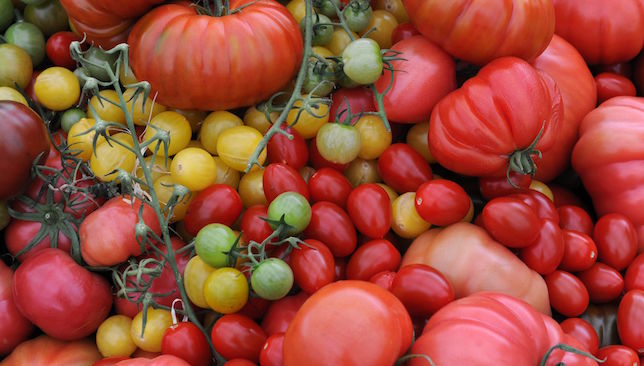
I was a little put out that I should have been so unwell recently, considering my healthy lifestyle. During the two weeks when I couldn’t see, I listened to the radio from time to time and one morning a farming programme came on which got me thinking about how much nutritional quality there is in the food we eat.
The theme was frozen apples and without getting into the economic complexities of this subject, the apples I bought have been well and truly rejected by my dogs, so they must be grim.
Our desire to have whatever we like throughout the year, even when we live in the pouring rain or a blazing desert, means much of the produce available in the supermarkets has been kept in cold storage until needed and sent halfway around the world.
Other options include frozen fruits and vegetables, but are these options going to fulfill our nutritional requirements?
This is what I found:
This is a complex procedure. Great care has to be taken during harvesting so as not to damage any produce as they will not survive storage so well. Issues with contamination also make this a complicated business and great care has to be taken to keep everything clean.
Getting the temperature correct is essential for the produce to be in good condition when it comes out of storage and the temperature varies depending on the type of vegetable or fruit.
Storage time varies considerably from one week to six months or more and shelf life once out of cold storage will be shorter.
Fruit and vegetables are picked at their ripest and flash frozen which locks in valuable nutrients. This means they have had a chance to absorb maximum amounts of vitamins and minerals.
A tiny amount of the water-soluble vitamins may be lost, but nothing to worry about.
Green bananas, half-white strawberries, hard avocados and tomatoes. Outward signs of ripening may still occur on fresh produce, but these fruits and vegetables will never have the same nutritive value they would if they had been allowed to fully ripen before being picked.
“During the long haul, fresh fruits and vegetables are exposed to lots of heat and light, which degrade some nutrients,” according to Gene Lester, Ph.D., a plant physiologist at the USDA Agricultural Research Center in Weslaco, Texas.
It is picked before it has had a chance to fully absorb maximum amounts of vitamins and minerals. If it is picked when fully ripe, we often don’t like the look of it by the end of the day as it will deteriorate quite rapidly.
Frozen comes out pretty well. The fact is that valuable nutrients will be lost as soon as the fruit or vegetable is picked. Unless you are in the position to eat it immediately, frozen could be the best option.
Best of all, grow your own and eat seasonal produce only.